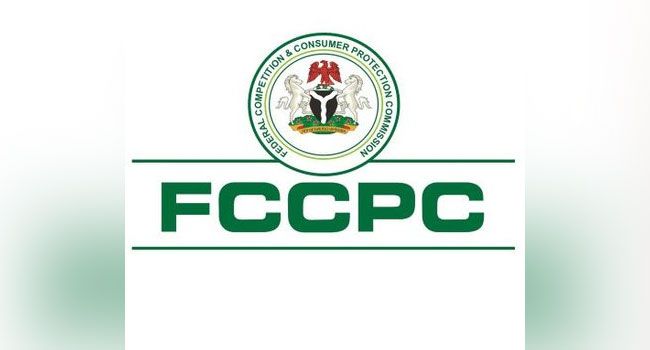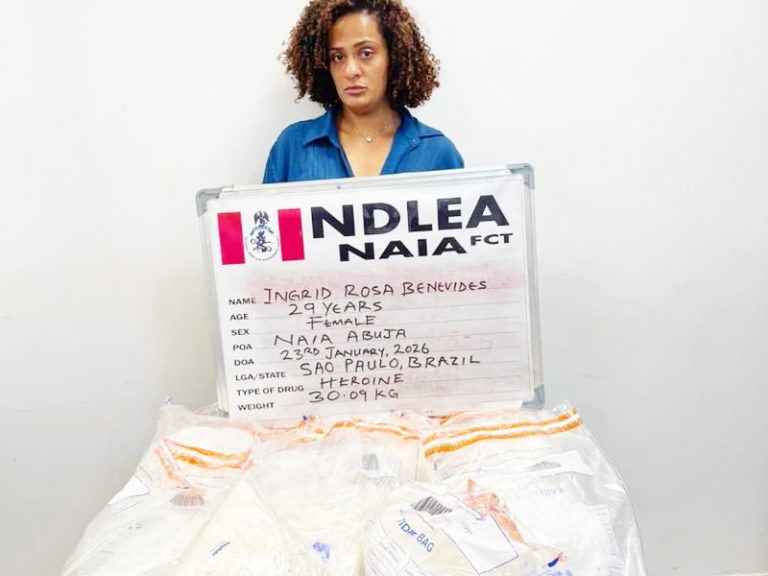
Regulatory overhaul to trigger consolidation, stricter oversight, and potential delisting of non-compliant loan apps…
Nigeria’s fast-growing digital lending industry is headed for a major shake-up as the Federal Competition and Consumer Protection Commission (FCCPC) introduces new rules limiting each operator to a maximum of five lending applications.
The directive, part of a broader effort to sanitise the digital credit ecosystem, comes with a firm compliance deadline of January 5, 2026, setting up what could be the sector’s biggest consolidation wave yet.
Many licensed lenders currently run six to eight different apps, often using multiple identities to expand their customer base or obscure ownership structures.
The FCCPC warns that this fragmentation has made it difficult to monitor operators, especially in cases involving data privacy violations, harassment during loan recovery, and unclear pricing practices.
In its new guideline, issued as a follow-up to the Digital, Electronic, Online, or Non-Traditional Consumer Lending Regulations 2025, the Commission stated:
“Where applicants are in a joint venture… the aggregate number of lending applications shall not exceed five. No member of the joint venture may independently register or operate additional consumer lending apps until the joint venture is terminated.”
Why the Cap Matters
By limiting the number of apps, the FCCPC hopes to streamline oversight, reduce regulatory evasion, and make it easier to identify bad actors operating behind multiple brand names. It also aims to create a more accountable market environment where lenders focus on compliance and customer protection rather than sheer app volume.
App Registration Now Comes With Higher Costs
The guideline also revises the fee structure:
- The base approval fee covers up to two apps.
- Any additional app, up to the five-app limit, attracts an extra ₦500,000 per application.
The Commission says this is meant to discourage lenders from proliferating apps and push them toward better governance, improved customer support, and responsible lending systems.
Digital lenders must now disclose every active or planned app during licence renewal.
Failure to do so may result in:
- Denial of approval,
- Revocation of an existing licence, or
- Administrative penalties.
The FCCPC also reiterated that it may instruct Google, Apple, and other app distribution platforms to immediately delist non-compliant apps, a strategy it has already used in previous enforcement actions.
Why Lenders Use Multiple Apps
According to Gbemi Adelekan, President of the Money Lenders Association (MLA), lenders often deploy multiple apps for different market segments.
“A company can have separate apps for nano loans, business loans, insurance, or savings,” he explained. “But this makes it difficult for the FCCPC to monitor them, which is why the cap is being introduced.”
A senior official of an approved lending company, who requested anonymity, said many operators misuse this loophole.
“Some companies present only one or two apps for approval and run several others under different names to carry out illegal practices,” he said, adding that the new cap will force such lenders to shut down unregistered platforms.
Impact on Consumers
For millions of Nigerians relying on quick digital credit, the new rules may bring both benefits and disruptions.
Consumers can expect:
- Fewer but more accountable apps,
- Temporary downtime or migration issues as lenders consolidate operations,
- Improved data protection, and
- Clearer responsibility when disputes arise.
However, some users could face short-term difficulties if heavily used apps are discontinued or removed from app stores during enforcement.
Deadline Extended to January 5, 2026
The FCCPC initially set October 31, 2025 as the deadline for lenders to register or face fines of up to ₦100 million. The urgency triggered a surge in registrations, pushing the number of licensed digital lenders to 492 by October.
The Commission later extended the compliance date to January 5, 2026 and published fresh guidelines under Sections 17 and 163 of the FCCPA, detailing documentation and operational requirements.



